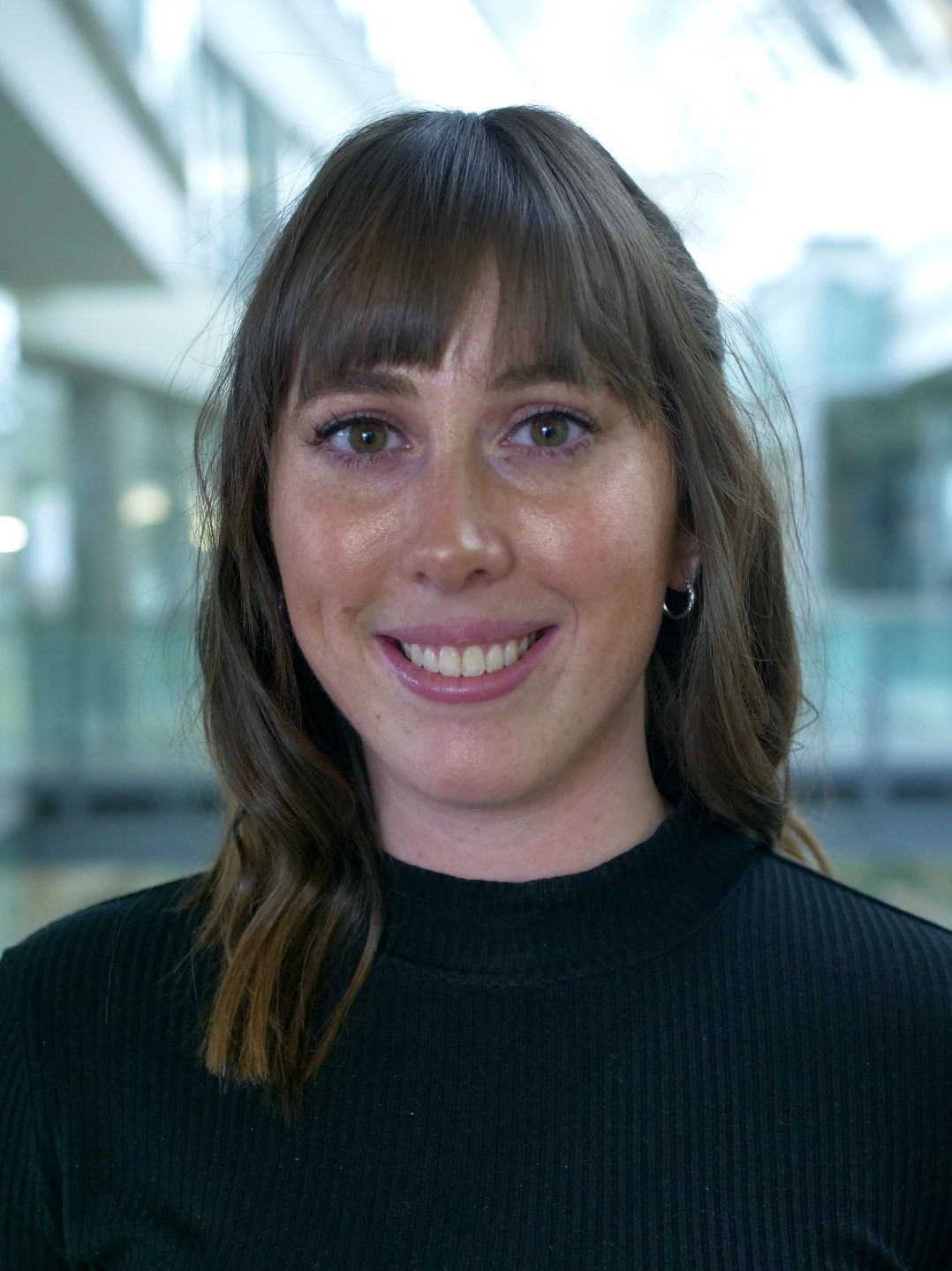Mimicking regulatory hormone may be key to preventing heart disease
Stepheny Zani - 18 September 2020

Chemistry student aims to tackle cardiovascular disease with support from Vanier Canada Graduate Scholarship.
Each year cardiovascular diseases claim almost 18 million lives around the world. They are the leading cause of death globally and a health problem Tess Lamer, ’19 BSc, ’19 BiomRrchCT and current PhD student in the Faculty of Science, is tackling head on.
Lamer is the recipient of a 2020 CIHR Vanier Canada Graduate Scholarship, which recognizes research excellence in Canada. Through her work she is hoping to save lives by developing a drug that mimics apelin, a hormone produced by the human body which helps regulate blood pressure and protect against heart disease.
“We know that apelin shows positive effects in the cardiovascular system, but it is quickly degraded in the blood,” explains Lamer, who is completing her PhD studies under the supervision of John Vederas in the Department of Chemistry. “We are trying to prevent that and produce apelin analogs that stay around longer and can potentially be used to treat heart diseases.”
One of Lamer’s research interests is the ischemia reperfusion injury, a condition with limited treatment options that occurs when oxygen is quickly reintroduced to blood vessels after a heart attack, causing the death of the vessels and the heart tissue. Interestingly, the peptides generated by the research group Lamer works with have shown promising potential to treat these conditions.
The project is a collaboration with Gavin Oudit, Canada Research Chair in Heart Failure and professor in the Department of Medicine. After Lamer and colleagues produce the potential analogs, Oudit’s group tests them in animal models to investigate how they work in the body. Because the process—from the drug design to testing on models—is time consuming and the results are not always beneficial, Lamer supplements these findings with cell culture tests to more accurately predict the efficacy of the analogs.
“For me it is really exciting when we do the cell tests and are able to see that it (the analog) actually works within this assay,” she says. “That is the first hint that what we did is promising.”
Lamer had initially thought about going to medical school, but her interest in research was sparked when she took on an undergraduate research position in the Vederas Group, led by chemistry professor John Vederas in the Faculty of Science. Having chosen the path of a PhD, Lamer feels fortunate to be recognized with the CIHR Vanier Canada Graduate Scholarship and is thankful for everyone who has helped her along the way.
“I couldn’t be here without the support from people who’ve taken their time to help and mentor me since my undergraduate degree.”
Tess Lamer is supported by Canada Graduate Student- Master's (CGS-M) scholarship through CIHR, Alberta Graduate Excellence Scholarship (AGES) and Vanier Canada Graduate Scholarship.